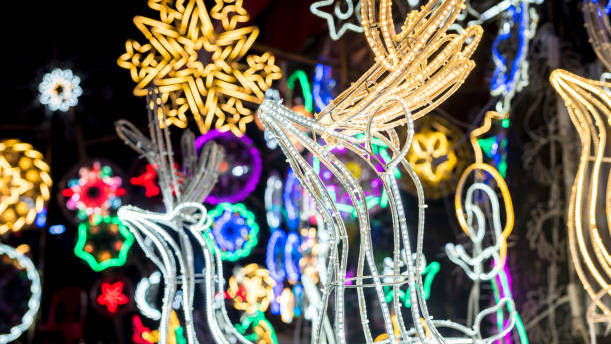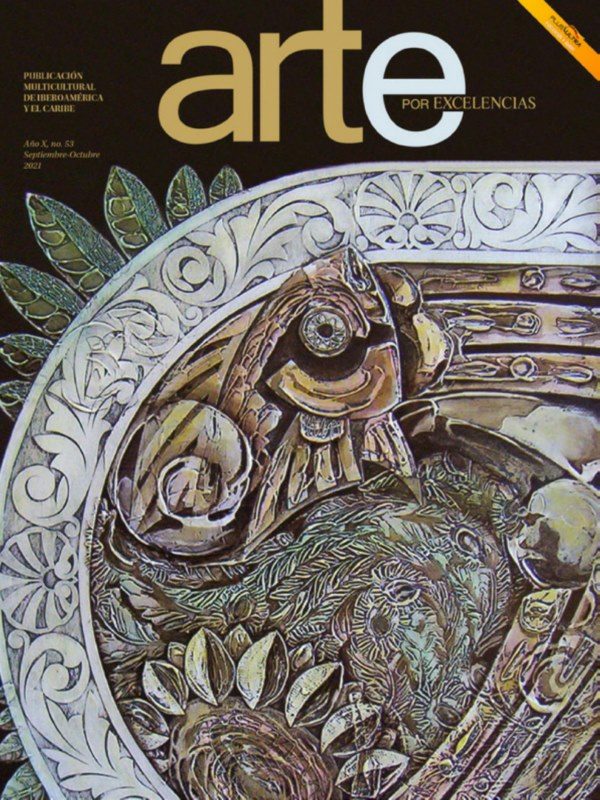The passing of Gabriel Garcia Marquez
I would have to ask Fabelo, but I swear we were in the early seventies, probably in 1975, and it was very cold in Havana, where waves overflowing the levee wall and splash and saltpetre covered up the crystals of Riviera Hotel to the point of make them white as snow.
Anyway, we both had proposed to talk with Gabriel Garcia Marquez without no one introduced us and without a neccesary recommendation from a national celebrity . And as I had greeted him in Casa de las Americas a couple of times--moments that, as expected, I took the opportunity to speak of La Hojarasca, his novel of youth and, of course, Rulfo and Pedro Paramo, by Vargas Llosa and Los Cachorros, by Carlos Fuentes and Aura and, why not, of Los Pasos Perdidos and Alejo Carpentier, who was (then and still) the best way to explain the boom-; I guess there is nothing more rightful that I presumed before my brother, a cartoonist from Guaimaro, my very close friendship with the son of the Aracataca telegrapher . And such was the determination reflected on our faces when we get to the reception of the hotel and asked for the room number of the Colombian writer, that employees answered us without the slightest suspicion of malicious intentions, among other reasons because Fabelo and I did not even seemed impostors.
Still the stripe hung from our ankles and the “jineterismo” was something no one thought to imagine in those years when with only 25 pesos (obviously Cubans) one could invite the love of his life to count the stars and fly to heaven ... to continue with the metaphors.
Garcia Marquez (later Gabo for us) went down in a short time, lordly crossed the lobby, he pretended he knew me a lifetime (he even asked about my parents that, I'm sure, there in Villa Clara had not the slightest idea of who he was) and invited us to sit right in front of the exit of the International Cabaret, which was already closed.
I remember when I introduced Fabelo, I said he was one of the greatest cartoonists of Cuba (he already was) and he answered with the same grace of the last time we met, during his most recent trip to Habana: - Yes, he and I are more or less the same height; how tall are you, Fabelo.
We did not talk about literature, or art, or policy; the only thing we could talk was about ourselves and how time is wasted when you are young, without being aware that youth can never be recovered. In particular, he spoke of how important is for a writer to watch and read more than writing, and at the same time he advised us (but apparently not advising us) not to rely too much in logics derived from order.
We listened as if was God speaking and, in my case, the only question I asked was related to the father’ figure in the Colombian ancestral family. He did not think a lot on the subject, though he confessed that he was very interested, and he asked, almost whispering: Do you already know Fidel? - Each of us told him about our limited experiences, and after that he closed the topic with a phrase that will stay for the eternity: -Hurry because life will not be enough to love him.
Finally, when there was no longer human or divine affair to talk about, Fabelo unrolled a medium cardboard that he had on his lap and offered him as a good bye gift. He took it by the edges and looked at the picture without saying a word ...
Until he said, with that joy of a big child: I'm leaving; Mercedes has to see this before I tell her. And he left for the same way he had come; though now he was carrying on his chest, wrapped in his arms, the unique treasure of a watercolor by Fabelo.
Some years later, when we were all great friends and we met every time Gabo and Mercedes came to Havana, someone called me from Mexico, or from Colombia, to tell me he needed to talk to the Cuban artist Roberto Fabelo to propose him to illustrate La Candida Erendira y su abuela desalmada, and other books by Gabriel Garcia Marquez ...
Death came and life stayed.
That was how I realized that without that afternoon at the Riviera hotel, an essential part of what we are now would have been impossible, and much less suffer this sweet pain that no longer leave me, this empty table, this absence of a god.
May 2014
Publicaciones relacionadas

















